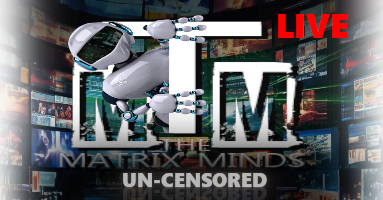 In the rapidly evolving landscape of technology, artificial intelligence (AI) continues to play a pivotal role in reshaping how we live, work, and interact with the world around us. As we look towards the future, the relationship between AI and human interaction is poised to undergo transformative changes, presenting both exciting opportunities and potential challenges.
In the rapidly evolving landscape of technology, artificial intelligence (AI) continues to play a pivotal role in reshaping how we live, work, and interact with the world around us. As we look towards the future, the relationship between AI and human interaction is poised to undergo transformative changes, presenting both exciting opportunities and potential challenges.
The future of AI promises a more personalized and tailored experience in various aspects of our lives. From virtual assistants that understand our preferences to recommendation algorithms that curate content based on individual tastes, AI is set to enhance the way we engage with technology. This level of personalization can create a seamless and intuitive interaction between humans and AI, making technology more user-friendly and adaptive to our needs.
AI is increasingly becoming a valuable teammate in the workplace, collaborating with humans to boost productivity and innovation. Intelligent automation, machine learning, and data analytics are empowering employees to focus on creative and strategic tasks, while mundane and repetitive activities are delegated to AI systems. This collaborative synergy between humans and AI has the potential to redefine traditional job roles, emphasizing a partnership that leverages the strengths of both.
One of the most intriguing advancements on the horizon is the integration of emotional intelligence into AI systems. As technology becomes more adept at understanding and responding to human emotions, it opens up new possibilities for empathetic interactions. This could be particularly impactful in fields such as healthcare, customer service, and education, where AI systems can provide emotional support, adapt communication styles, and foster a deeper connection with users.
The future of AI and human interaction also brings forth important ethical considerations. As AI systems become more sophisticated, questions arise about privacy, security, and the responsible use of technology. Striking a balance between innovation and safeguarding human rights is crucial to ensure that AI serves the greater good without compromising individual freedoms.
AI algorithms, trained on historical data, may inadvertently perpetuate societal biases. Recognizing and addressing bias in AI systems is a critical step towards creating fair and inclusive interactions. Future developments in AI should prioritize transparency, accountability, and continuous refinement to ensure that technology reflects the diversity of human experiences without reinforcing discriminatory patterns.
As AI takes on routine tasks, the demand for uniquely human skills is expected to rise. Creativity, critical thinking, emotional intelligence, and complex problem-solving will become even more valuable in the workplace. Education systems and professional development programs will need to adapt to equip individuals with the skills necessary to thrive in a future where human-machine collaboration is the norm.
The future of AI and human interaction holds immense promise, presenting opportunities for improved efficiency, personalization, and innovation. However, it also demands careful consideration of ethical implications and the responsible development of AI systems. As we navigate this evolving landscape, striking a balance between technological advancement and human values will be key to ensuring a future where AI enhances our lives without overshadowing the unique qualities that make us human.




Leave a Reply
Want to join the discussion?Feel free to contribute!